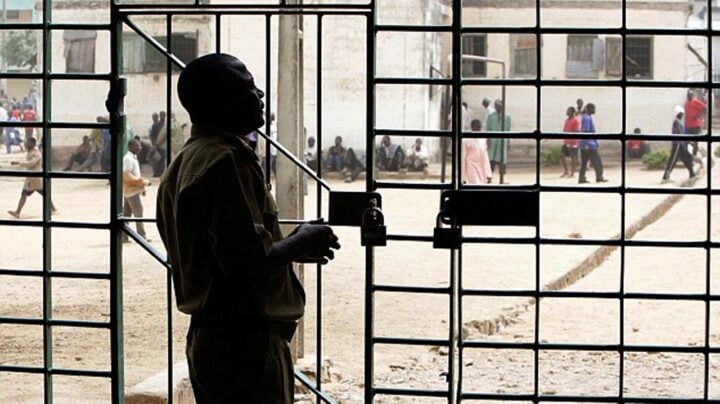More than chalk and talk: Teachers in Nigeria
In today’s Nigeria, we celebrate engineers for building bridges, doctors for saving lives, and tech founders for breaking boundaries. But what about those who taught them how to read, think, and dream? The teacher — once revered as the custodian of wisdom and shaper of nations — has been reduced to a footnote in our national development conversation.
Across the country, from Ibadan to Sokoto, the image of a teacher has become one of struggle: underpaid, overworked, and grossly undervalued. We rarely speak of the ethical burden they carry, the moral compass they shape, or the intellectual scaffolding they build. Yet without teachers, none of the professions we idolise can even begin.
As a scholar of early childhood leadership and educational philosophy, I have spent years examining how nations rise or fall by the dignity they afford their educators. From Plato’s idea of teachers as society’s moral guardians to Maria Montessori’s belief that the teacher is a guide who molds character, history is clear: education is not just about transfer of knowledge; it is about the transformation of values.
And yet, we treat teachers as though they are mere chalk holders — as if they exist to fill time between home and adulthood. This isn’t just disrespectful; it’s dangerous. When we trivialise the teacher’s role, we diminish the very foundation of nation-building.
I speak not only as a researcher, but as someone who was once confused, redirected, and ultimately awakened by the world of education. My journey began with a desire to study Accounting. After being moved across four different departments — from Economics to Guidance and Counseling — I finally found myself in Primary Education Studies. At first, it felt like a setback. Today, I recognise it as divine redirection.
It was in that department that I first encountered Montessori, Froebel, and Dewey — educators who saw the classroom not as a place of instruction but of ethical formation. My master’s thesis focused on Montessori’s philosophy and its relevance to Nigeria. Her message was clear: respect the child, and by extension, the teacher. But in Nigeria, we do the opposite. We disempower the very people responsible for shaping our future.
Compare this with Finland, where teachers undergo rigorous preparation, are trusted with professional autonomy, and are paid with dignity. Or Canada, where a strong culture of educational ethics prioritises teacher well-being and student-centered learning. Even in parts of the United States, where challenges persist, we see growing movements toward teacher empowerment and moral leadership.
First, we must stop treating teacher training as a last resort. Our colleges of education deserve the same investment, prestige, and policy attention as medical or engineering faculties. Entry into the teaching profession must be based on merit and passion, not desperation.
Second, we must embrace what I call “ethical infrastructure” — policies and school cultures that promote integrity, emotional intelligence, and character formation in both teachers and learners. This begins with empowering school leaders to model ethical behavior, support professional growth, and create environments of care.
Third, we need a national campaign — not just in policy but in public imagination — that repositions the teacher as a hero, a strategist, and a builder of dreams. We should celebrate great teachers with the same energy we use to praise athletes or entrepreneurs. Because in truth, a teacher’s influence lasts far longer than any viral success story.
This is not about romanticising the profession. Teachers do not need pity — they need power, tools, and recognition. They need better salaries, yes, but they also need to be seen as the architects of our collective future.
We cannot afford to continue exporting our best minds while leaving our classrooms in collapse. If we want to curb moral decay, nurture innovation, and build a Nigeria that competes globally, it will not begin in the oil fields or tech hubs. It will begin in the classroom — with teachers who are seen, supported, and inspired.
It’s time to stop the chalk-and-talk narrative. Let us reclaim the moral dignity of teachers — not just in word, but in practice, policy, and public perception.
Nafiu is an international education consultant and the founder, OLAAN Global Academy. He is a Ph.D candidate in Educational Administration, USA.













